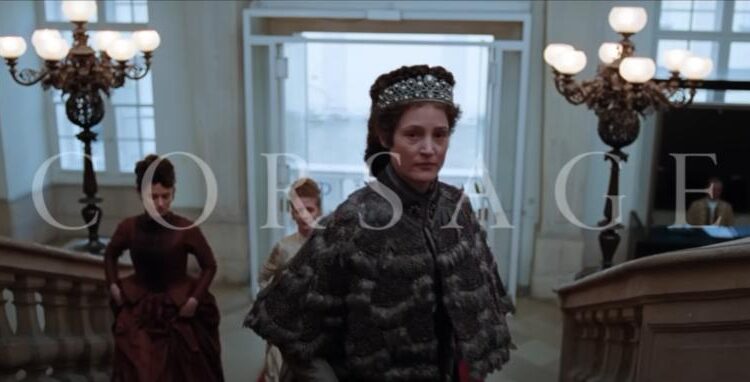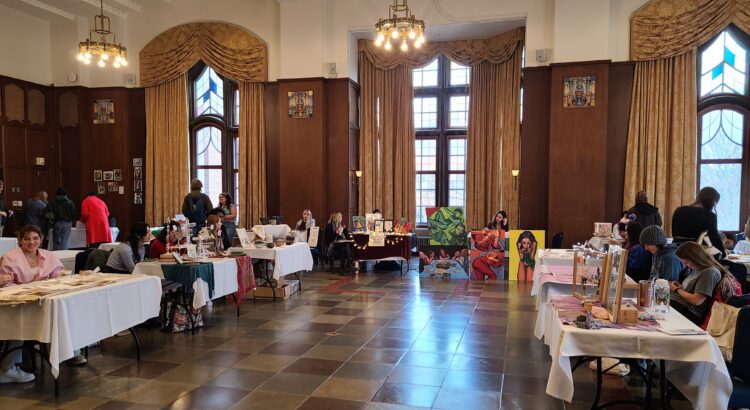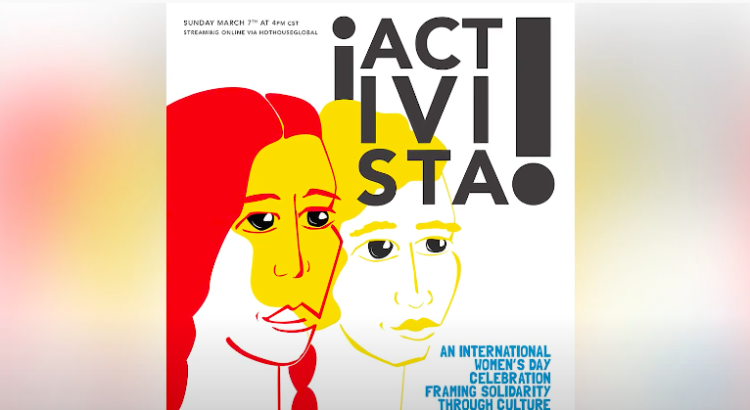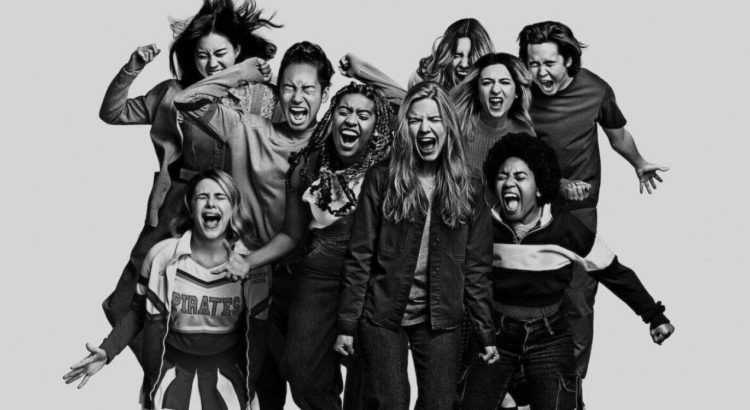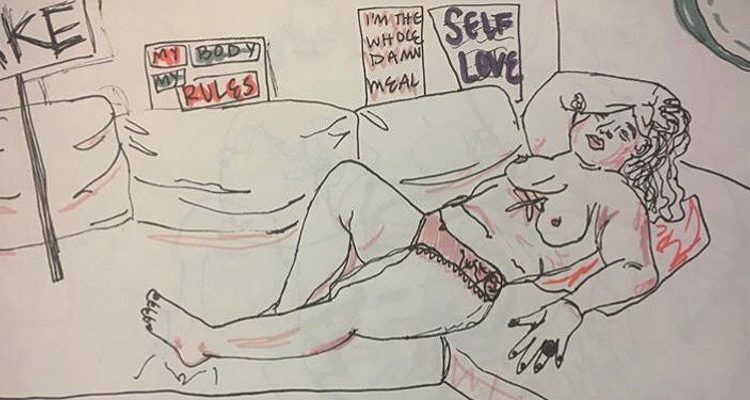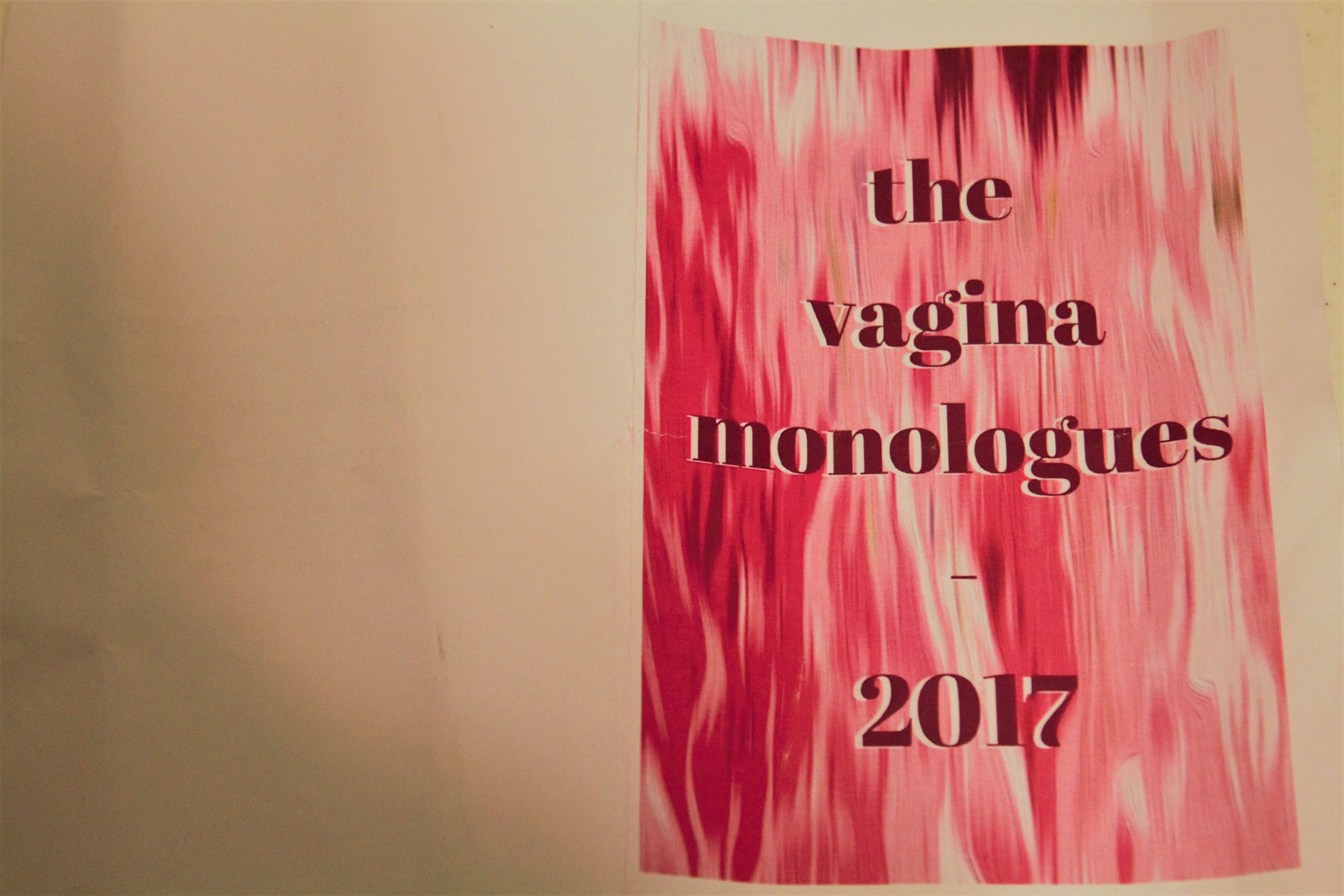7:00pm • Sunday, January 15, 2023 • Michigan Theater • SPOILER ALERT
I was easily absorbed into Corsage‘s slow-burning drama and sumptuous visuals. Corsage stars Vicky Krieps as Empress Elisabeth of Austria, Queen of Hungary, and imagines her story in the year following her 40th birthday. The movie explores themes of agency, beauty, and power, depicting Elisabeth struggling to free herself from the constricting roles of queen, wife, and mother. Its pace is slow and its tone is elegiac, defined by lush settings (the phrase that came to mind was fan-service) and the haunting, repetitive chords of Camille Dalmais’ soundtrack.
The movie leaned into the ever-salient, patriarchal ideology that a woman only has value to the extent that she is seen as beautiful. However, something I reflected on during the movie was that while Elisabeth was oppressed to the extent that she was a woman, she was also in a position of great power which could make her behavior feel hypocritical. Over the course of the movie, in order to accomplish her own goals of preserving her public image while achieving greater personal liberty, she exerted her authority as queen over her ladies in waiting. In particular, Elisabeth’s favorite confidant, Ida Ferenczy (played by Jean Werner), faced the brunt of the empress’s self-serving ill-treatment. Ida was prevented from marrying, and ultimately consented to impersonate Elisabeth at public functions so the queen did not feel the weight of preserving her image. Elisabeth demanded that Ida assume the austere diet she kept in order to maintain her famous 50cm waistline, while she finally helped herself to candied violets and cream cake. 
Of course, the narrative developed in Corsage was highly fictionalized, bordering on the counterfactual. This helped me put together some of the events which occurred near the end of the movie. In a move which was at the time inexplicable to me, Elisabeth enlisted an 18-year-old countess towards whom she had previously expressed envy to act as her husband’s mistress. This made more sense at the end of the movie, when Elisabeth threw herself off of the bow of a ship, a move which realistically seemed like suicide (or freedom, in the context of the movie’s themes). This led me to interpret many of the film’s previous events as preparations allowing her to abdicate her many roles.
Overall, I enjoyed Corsage for its artistic cinematography and its complex depiction of power. I would recommend it whether you would like to untangle the film’s many salient themes or simply enjoy the outward beauty of its construction.

